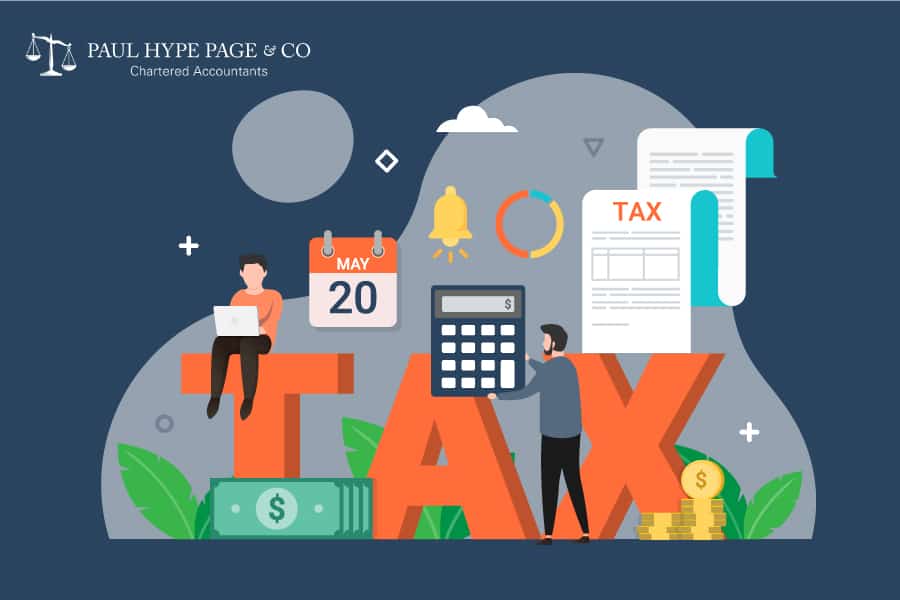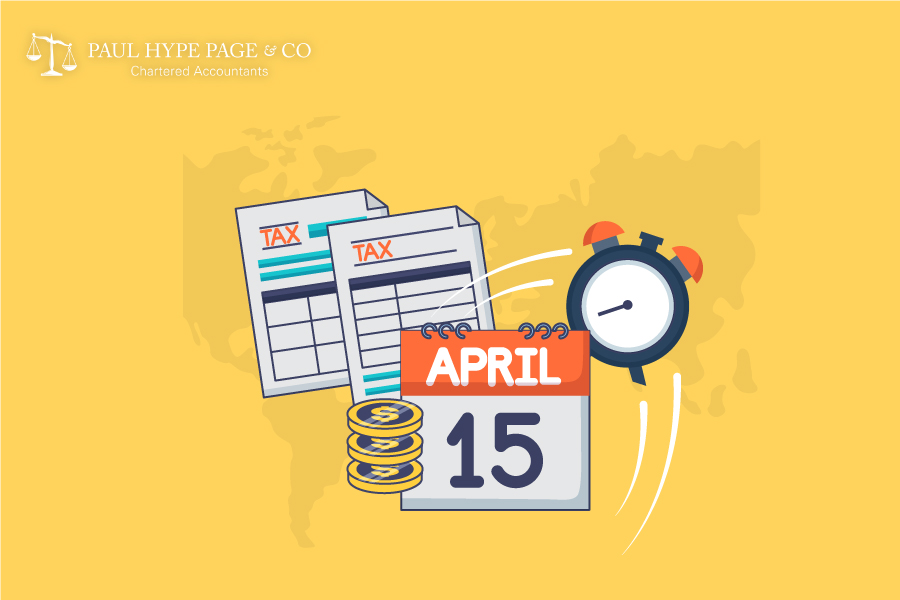The Inland Revenue Authority of Singapore (IRAS) has created many avenues which enable the taxpayers of Singapore to ensure that they are more able to fulfil their various tax obligations. It has done so through various different schemes and programs.
One of the most well-known schemes which IRAS has put in place in order to facilitate the payment of taxes in Singapore is the Auto-Inclusion Scheme. The Auto-Inclusion Scheme in Singapore allows certain employees to no longer be required to submit tax information because it permits their employers to do so on their behalf.
If necessary, we will also contact IRAS or any other authorities connected to taxation in Singapore on your behalf so that you can be certain that we have fully managed any tax-related problems you might have.
Key pointers about the Auto-Inclusion Scheme in Singapore
The Auto-Inclusion Scheme in Singapore was introduced by IRAS to allow any employer based in Singapore to submit their employees’ employment income information on their behalf. The Auto-Inclusion Scheme allows all such employers to submit this information electronically to IRAS.
Once IRAS has received this information, it will automatically include it as part of each relevant employee’s income tax assessment. IRAS will then auto-include this information to their employees’ tax assessment. Therefore, when these employees subsequently file their income tax returns, they are not required to submit their employment income information because this information would have already been received by IRAS.
Starting from the 2020 year of assessment (YA), there is a requirement for certain Singapore-based employers to be participants in the Auto-Inclusion Scheme. Employers who are required to participate in this scheme are those who either employ a minimum of seven employees or have received the Notice to File Employment Income Of Employees Electronically under the Auto-Inclusion Scheme (AIS).
This notice has been gazetted under S68 (2) of the Income Tax Act. The IRAS has also provided a link on its website which allows anyone who is interested to find out if a specific employer is to be part of the Auto-Inclusion Scheme according to the criteria which are to be followed.
Singapore attracts investments from around the world by reducing its corporate income tax rate and introducing different tax incentives. Singapore has one of the lowest corporate tax rates in the world.
Criteria on Types of Employees Included in the Singapore Auto-Inclusion Scheme
The Income Tax Act specifies which employees are to be included by an employer who makes a submission of employee names as required by the Auto-Inclusion Scheme. These employees include the following:
How to report employee earnings with the auto-inclusion scheme in Singapore?
When an employer reports employee earnings to the IRAS, there are certain tax forms which are to be submitted as per the requirements stated in the Income Tax Act. These forms include:
Form IR8A is to be submitted with regard to every one of the employees of the company. However, employees who have been posted abroad and are not working abroad in conjunction with their Singapore employment are not to have their employment income stated in Form IR8A.
Appendix 8A is to be completed for any employee who has been provided with any benefits-in-kind. Appendix 8B is to be completed for any employee who has received any gains or profits from Employee Stock Option Plans or any other Employee Share Ownership Plans. Form IR8S is to be completed by any employer who has made excessive CPF contributions on their employees’ wages or have claimed or plan to claim refunds on such contributions.
We at Paul Hype Page & Co are able to ensure that all of your tax obligations have been appropriately managed. You may contact our tax experts at any time for further information. We are always willing to be of assistance to anyone who struggles with managing any Singapore tax obligations.
FAQs
A company, regardless of whether it is a local or a foreign company, will be taxed on its:
- income accruing in or derived from Singapore; or
- income received in Singapore from outside Singapore
You are required to make a declaration in your income tax returns by giving the nature and amount of the foreign-sourced income that was remitted to Singapore. You are also required to complete the Declaration Form for Foreign-Sourced Income Received in Singapore From 22 Jan 2009 to 21 Jan 2010 (60KB) for submission to IRAS. Although you have to state the use of the foreign income in the declaration form, the usage of such foreign income will not affect the claim for tax exemption.
An Avoidance of Double Taxation Agreement (DTA) is an agreement signed between Singapore and another country (a treaty country) which serves to relieve double taxation of income that is earned in one country by a resident of the other country.
It makes clear the taxing rights between Singapore and her treaty partner on the different types of income arising from cross-border economic activities between the two countries.
The DTA also provides for reduction or exemption of tax on certain types of income.
Only Singapore tax residents and tax residents of the treaty country can enjoy the benefits of a DTA. To find out who are our treaty partners, please refer to the List of Avoidance of Double Tax Agreements.
Income is assessed on a preceding year basis. This means that the basis period for any Year of Assessment (YA) generally refers to the financial year ending in the year preceding the YA.
There are various types of tax incentives available to companies and these are provided in the Singapore Income Tax Act (ITA) and Economic Expansion Incentives Act (EEIA). Some of the tax incentives available are listed in the table below.
| Governing legislation | Types of incentives | Where to apply |
|---|---|---|
| ITA/S13F | Approved International Shipping Enterprise | MPA www.mpa.gov.sg |
| ITA/S13H | Approved Venture Company | EDB www.edb.gov.sg |
| ITA/S14B | Further deduction of expenses relating to Approved Trade Fairs, Trade Exhibitions, Trade Missions or to maintain overseas Trade Office | IE Singapore www.enterprisesg.gov.sg |
| ITA/S14E | Further deduction of expenses on Research and Development Project | EDB www.edb.gov.sg |
| ITA/S14O | Tax deduction of special reserves for catastrophic risks of approved general insurers | MAS www.mas.gov.sg |
| ITA/S19C | Writing down allowance for cost sharing agreement | EDB www.edb.gov.sg |
| ITA/S43(9) | Concessionary rate of tax for income of life insurance companies apportioned to policyholders | – |
| ITA/S43C | Concessionary rate of tax for approved offshore general insurance companies | MAS www.mas.gov.sg |
| ITA/S43C | Concessionary rate of tax for approved offshore life insurance companies | MAS www.mas.gov.sg |
| ITA/S43C | Concessionary rate of tax for approved offshore composite insurance companies | MAS www.mas.gov.sg |
| ITA/S43C | Exemption of tax for approved marine hull and liability insurer (onshore and offshore business) | MAS www.mas.gov.sg |
| ITA/S43C | Exemption of tax for approved offshore captive insurance companies | MAS www.mas.gov.sg |
| ITA/S43C | Exemption of tax for approved insurer underwriting offshore qualifying specialised insurance risk | MAS www.mas.gov.sg |
| ITA/S43E | Concessionary rate of tax for Approved Operational Headquarters (OHQs) | EDB www.edb.gov.sg |
| ITA/S43G | Concessionary rate of tax for Approved Finance and Treasury Centre | EDB www.edb.gov.sg |
| ITA/S43Q | Concessionary rate of tax for Financial Sector Incentive Companies | MAS www.mas.gov.sg |
| ITA/S43P | Approved Global Trading Company | IE Singapore www.iesingapore.gov.sg |
| EEIA/ Part II | Pioneer Industries | EDB www.edb.gov.sg |
| EEIA/ Part III | Pioneer Service Companies | EDB www.edb.gov.sg |
| EEIA/Part IIIB | Approved Shipping Logistics Enterprise | MPA www.mpa.gov.sg |
| EEIA/ Part IIIB | Development & Expansion Incentive | EDB www.edb.gov.sg |
| EEIA/Part X | Investment Allowances | EDB www.edb.gov.sg |
| EEIA/Part XIIIB | Overseas Enterprise Incentive | IE Singapore www.iesingapore.gov.sg |
| EEIA/Part VIA | Export Service Company | EDB www.edb.gov.sg |
About The Author
Share This Story, Choose Your Platform!
Related Business Articles





